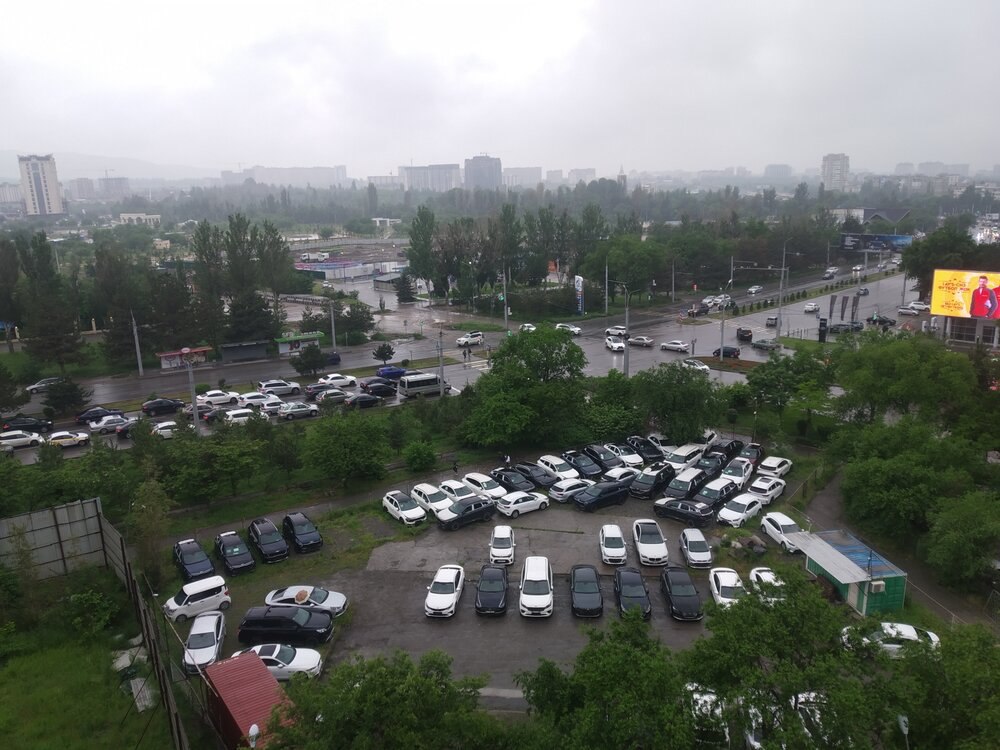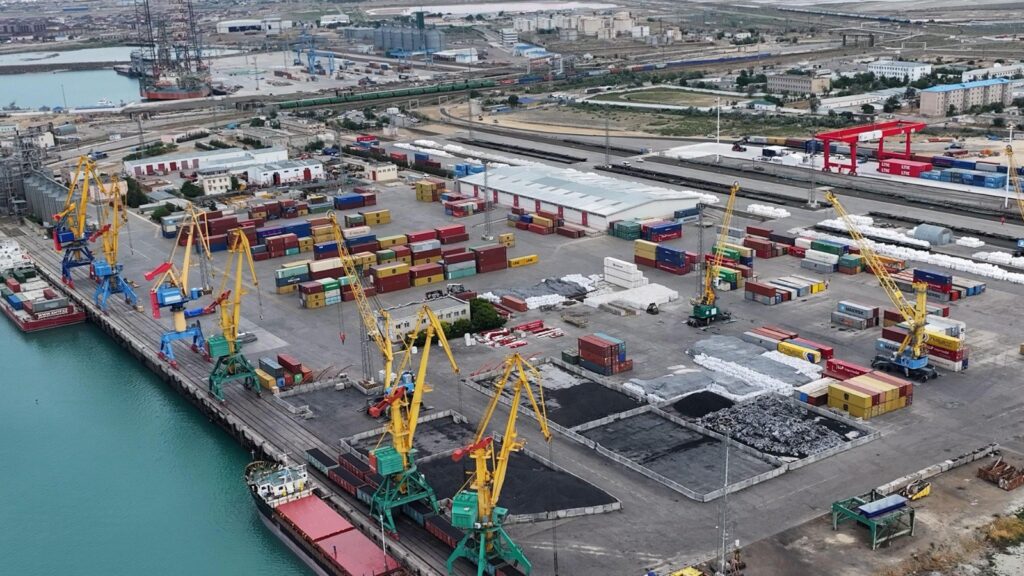Kazakhstan Calls on Partners to Ensure Safe Transportation of Caspian Oil
Kazakhstan’s Ministry of Foreign Affairs has expressed deep concern over recent drone attacks on oil tankers en route to the Caspian Pipeline Consortium’s (CPC) marine terminal in the Black Sea. During emergency consultations with ambassadors from several European countries, as well as discussions with the U.S. and other foreign partners, Kazakh diplomats urged the adoption of effective measures to safeguard hydrocarbon transport routes, including maritime corridors, in full compliance with international law. The Foreign Ministry emphasized that Kazakhstan is not a party to any armed conflicts and plays a crucial role in supporting global and European energy security by ensuring uninterrupted oil supplies in accordance with its international obligations. It was noted that all the targeted tankers were operating legally, with the required permits and standard identification systems. According to the ministry, the rising number of such incidents signals a growing threat to the integrity of international energy infrastructure. Kazakhstan called for deeper cooperation with partner countries to develop joint mechanisms aimed at preventing future attacks. Earlier, the Ministry of Energy stated that export volumes had not been directly affected: some of the vessels were empty, and others remained seaworthy. However, the fact that these attacks occurred near one of Kazakhstan’s key export hubs has increased concerns among market participants about the reliability of supply chains. Reuters, citing unnamed sources, reported that up to three tankers may have been hit. Among the affected vessels were ships operated by the U.S. energy giant Chevron and others flying Greek flags, raising the stakes in what is becoming a significant geopolitical issue. Kazakh MP Aidos Sarym remarked that ensuring the security of the CPC, where Russia is a major shareholder, should be a shared responsibility. "I believe Chevron is one of the largest shareholders. We also know Ukraine relies heavily on U.S. support. Chevron is not a minor player globally. I think the U.S. and our other partners must jointly urge Ukraine to reconsider its targeting priorities," Sarym said. Amid these developments, Bloomberg reported that Kazakhstan’s oil exports via the CPC could fall by as much as 45% in January due to ongoing disruptions at the terminal.






